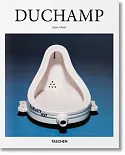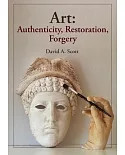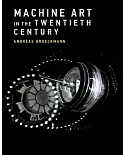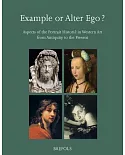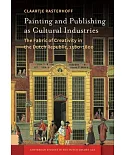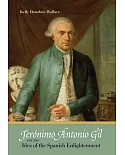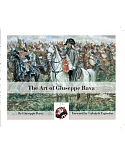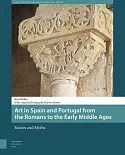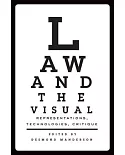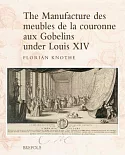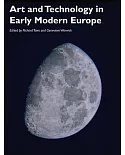Coinciding with the bicentenary of the abolition of the British slave trade, this multi-disciplinary volume chronicles the iconography of sugar, slavery, and the topography of Jamaica from
the beginning of British rule in 1655 to the aftermath of emancipation in the 1840s. Focusing on the visual and material culture of slavery and emancipation in Jamaica, it offers new
perspectives on art, music, and performance in Afro-Jamaican society and on the Jewish diaspora in the Caribbean. Central to the book is Sketches of Character (1837–38)—a remarkable
series of lithographs by the Jewish Jamaican artist Isaac Mendes Belisario—the earliest visual representation of the masquerade form Jonkonnu. Innovative scholarship traces the West African
roots of Jonkonnu through its evolution in Jamaica and continuing transformation today; offers a unique portrait of Jamaican culture at a pivotal historical moment; and provides a new model
for interpreting the visual culture of empire.


